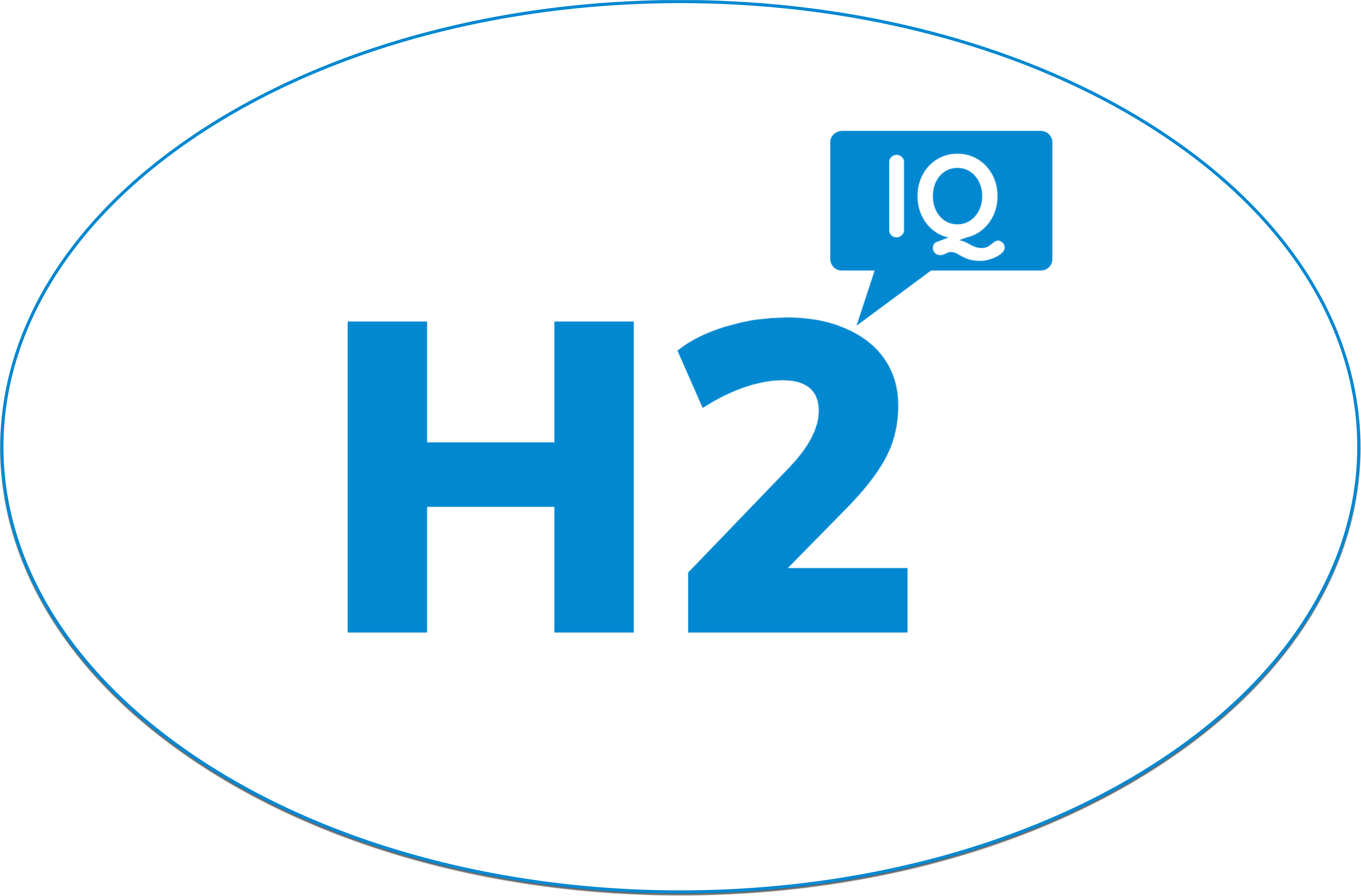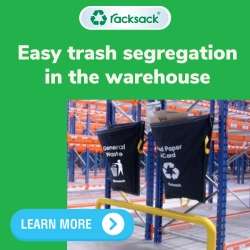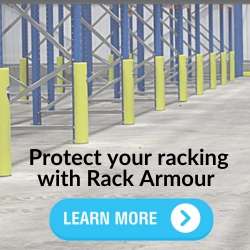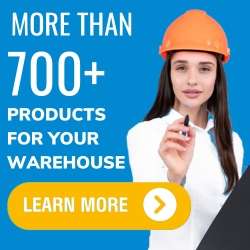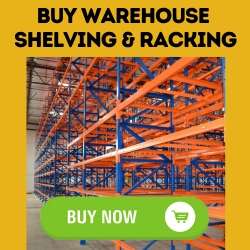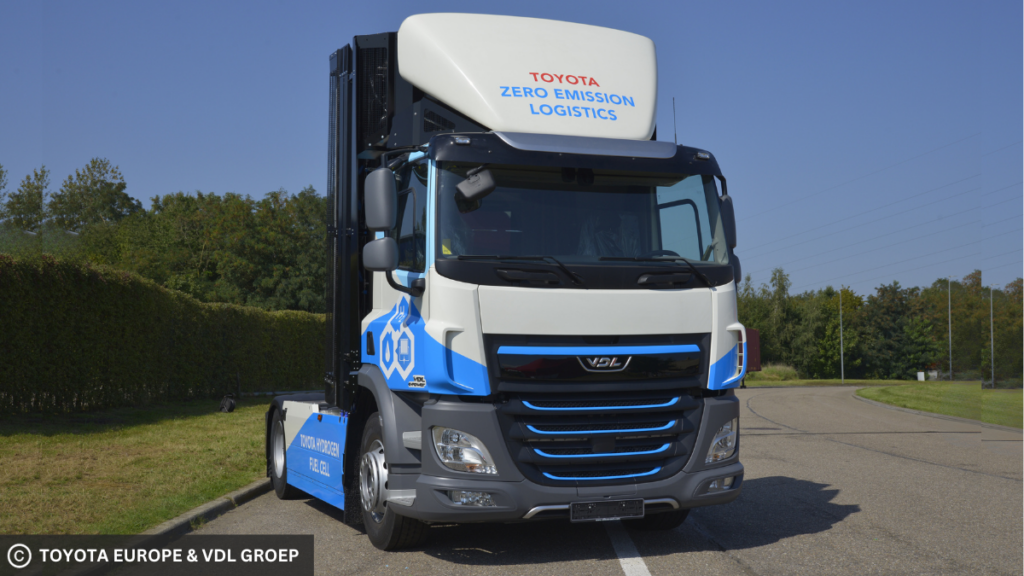
Brussels, Belgium – Following the collaboration between Toyota Motor Europe and VDL Groep announced last May, the companies have now launched their first fuel cell demo truck. By integrating Toyota’s fuel cell technology into VDL heavy-duty trucks, Toyota aims to decarbonize its logistic operations in Europe.
This first demo truck will be used to perform road testing and evaluation of improvements towards the next steps of the project. VDL Groep is preparing four more fuel cell trucks, which will be used by Toyota’s logistic providers VOS Transport Group, CEVA, Groupe CAT and Yusen. These transportation companies will greatly contribute to the project by using the hydrogen trucks on their daily logistics routes passing by Belgium (Antwerp), France (Lille), Germany (Cologne), and the Netherlands (Amsterdam and Rotterdam). The four routes have at least one hydrogen refueling station (HRS) each, including back-up solutions.
The cooperation between all parties is expected to consolidate the learnings on how to deploy fuel cell trucks on public roads and contribute to Europe’s ecological energy transition. The 5-year trial is expected to stimulate the further development of a sustainable hydrogen infrastructure across Europe meeting the AFIR requirements and allow for more carbon neutral hydrogen mobility solutions to emerge.
This project is complementing Toyota’s initiatives to decarbonize logistics and supporting their long-term goal to become fully carbon-neutral by 2040. Beyond the electrification of passenger cars, the company sees high value in collaborating with multiple partners to accelerate the transition to a sustainable and accessible zero-emission hydrogen economy. It is therefore partnering with companies from all mobility sectors and with different skills in order to test and provide reliable and efficient solutions.
About VDL Special Vehicles
VDL Special Vehicles is a specialist in the field of battery electric and hydrogen solutions for on- and off-road vehicles. As a contract manufacturer, we provide production capacity for small to medium-sized series of (parts of) zero-emission vehicles. In addition, we can also support in areas such as product development, prototyping, and certification of zero-emission drivelines, up to the extent of fully developing an alternative driveline for your application. VDL Special Vehicles enables its customers to Offer vehicle solutions that make the world a cleaner place. Our background lies in the development and production of chassis for buses and coaches in a variety of applications. It is because of this experience that we started developing zero-emission drivelines more than 20 years ago. This knowledge and experience have been used over the past two decades to develop various hydrogen and battery-electric solutions for medium and heavy road vehicles such as buses and trucks. Our engineering team is capable of integrating these and other solutions into existing third-party vehicles. Examples include construction, agricultural, port, or airport equipment. In addition, as a contract manufacturer, we offer third parties the opportunity to have their zero-emission vehicles produced in our facilities.
VDL Special Vehicles is part of the international, industrial family business VDL Groep, with its head office in the Eindhoven Brainport region, the Netherlands. It was founded in 1953 and now, 70 years later, the third Van der Leegte family generation has been at the group’s helm since 2017. VDL Groep has over 16,000 employees and operates in 19 countries. The group comprises more than 100 operating companies, each with its own specialism, working together intensively. The activities of these companies can be summarised in the ‘five worlds of VDL’: Science, Technology & Health, Mobility, Energy & Sustainability, Infratech and Foodtech. The combined annual revenue in 2022 amounted to €5.752 billion. Read more on www.vdlgroep.com.
For more information about VDL Special Vehicles, please contact: Miel Timmers +31 6 147 67 066 – m.timmers@vdl.nl
Toyota Motor Europe NV/SA (TME) oversees the wholesale sales and marketing of Toyota, GR (Gazoo Racing) and Lexus vehicles and parts and accessories, as well as Toyota’s European manufacturing and engineering operations. Toyota directly employs over 25,000 people and has invested over EUR 11 billion in Europe since 1990. Its eight European manufacturing plants are located in Portugal, the UK, France, Poland, Czech Republic and Turkey. Today, there are approximately 16.5 million Toyota, GR and Lexus vehicles on European roads, whose drivers are supported by a network of 28 National Marketing and Sales Companies and around 2,800 retail sales outlets in 53 countries (EU, UK, EFTA countries + Russia, Israel, Turkey and other Eastern European countries). In 2022, TME sold 1,080,975 vehicles in Europe for a 6.4% market share. For more information, visit Facts & Figures (toyota.eu) and www.toyota-europe.com.
Toyota believes that when people are free to move, anything is possible. In the pursuit of “Mobility for All”, Toyota aims to create safer, more connected, inclusive and sustainable mobility to achieve its mission of producing “Happiness for All”. In Europe, TME launched the KINTO mobility brand which offers a range of mobility services in 14 countries, and is growing its business-to-business sales of zero-emission fuel cell products and engineering support. Contributing to the UN Sustainable Development Goals, Toyota is working to achieve carbon neutrality in its entire business across Europe. A historic leader in CO2 reduction in Europe, TME aims to achieve 100% CO2 reduction in all new vehicles in Western Europe by 2035 and will continue to offer a full range of electrified powertrains to customers across the region with its hybrid, plug-in hybrid, battery and fuel cell electric vehicles.
Toyota views hydrogen as one of the key building blocks towards carbon neutrality, using fuel cell technology for mobility and in the wider economy beyond transport. As a hydrogen frontrunner, Toyota’s advanced fuel cell technology is already integrated into passenger cars, buses, trucks, trains, marine and stationary applications for a range of business customers and other OEMs. To meet growing demand in the region, TME started producing its 2nd generation compact fuel cell modules in Europe in January 2022. In terms of infrastructure, Toyota’s long-term vision is to establish 700bar as a standard for fuel cell electric vehicles and products.
IMAGE (above): Picture of the Toyota Europe & VDL Groep hydrogen fuel cell heavy-duty demo truck. Credit: Toyota Europe.
